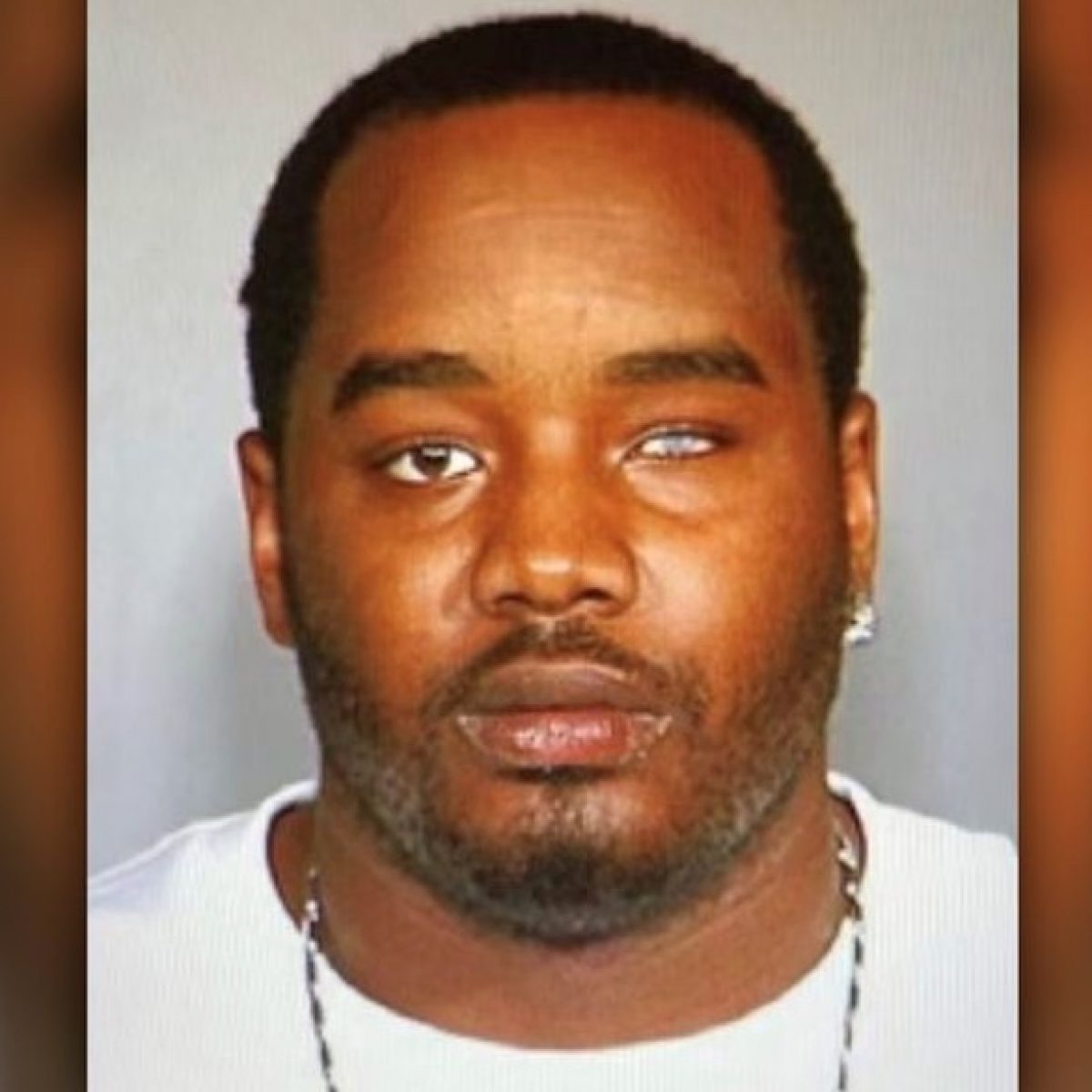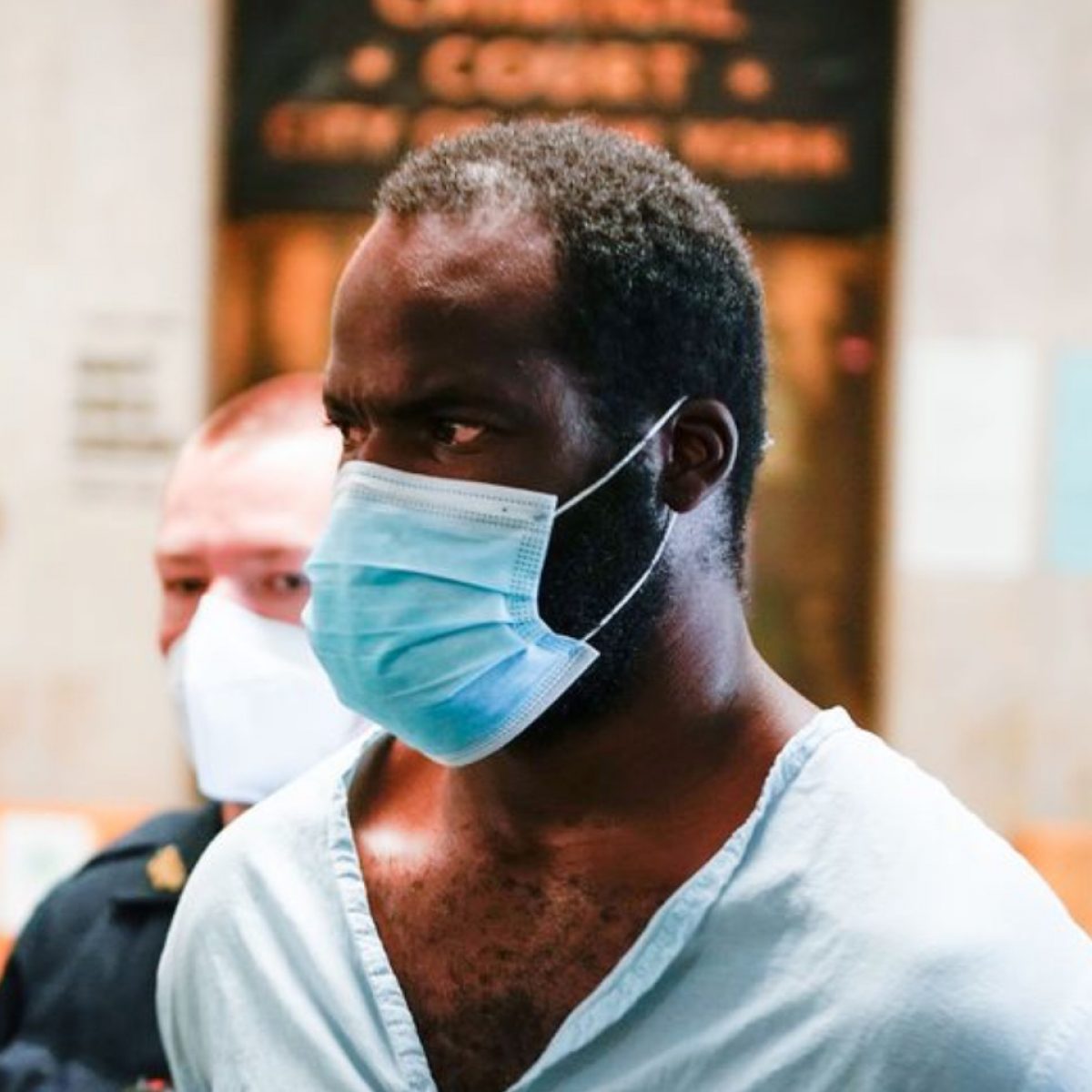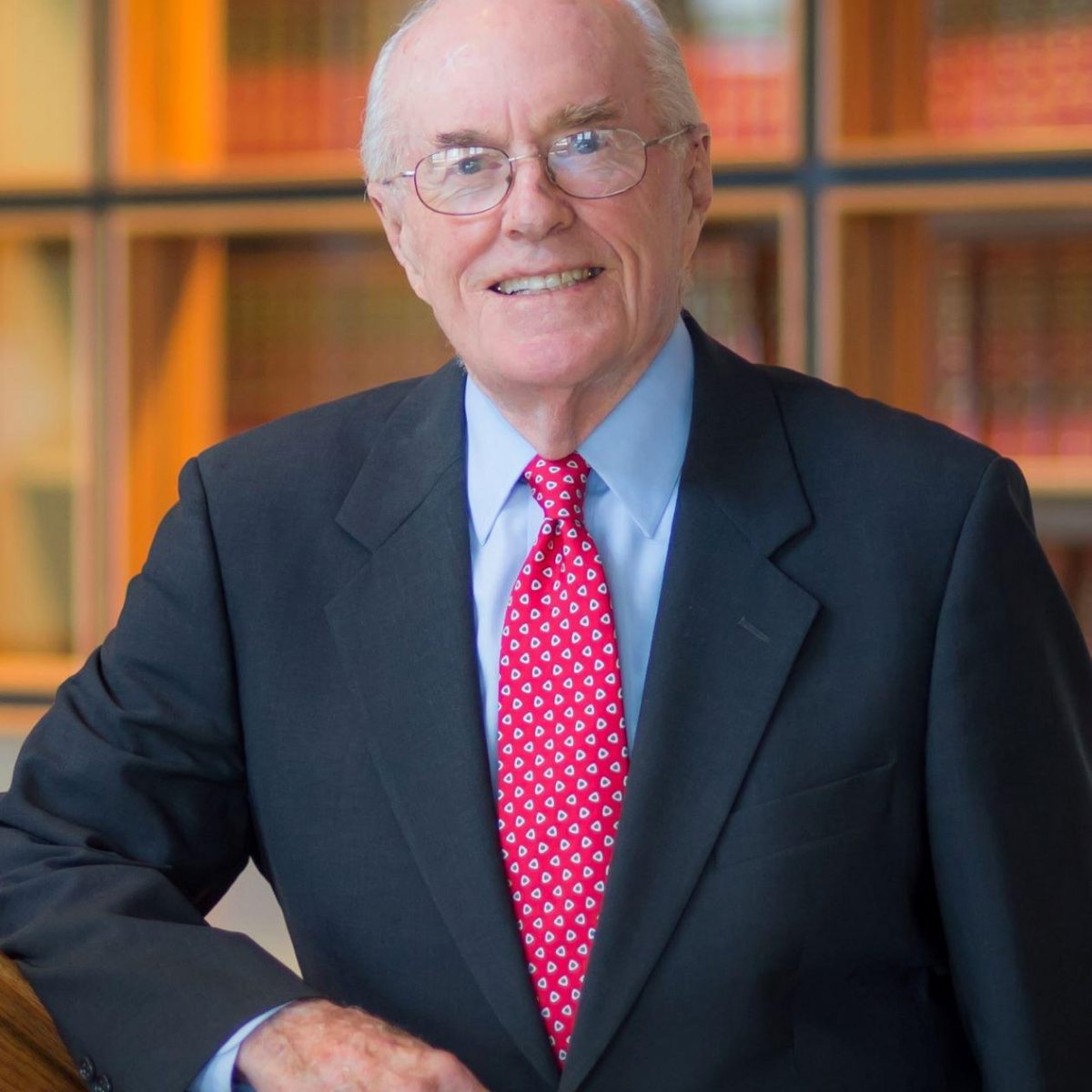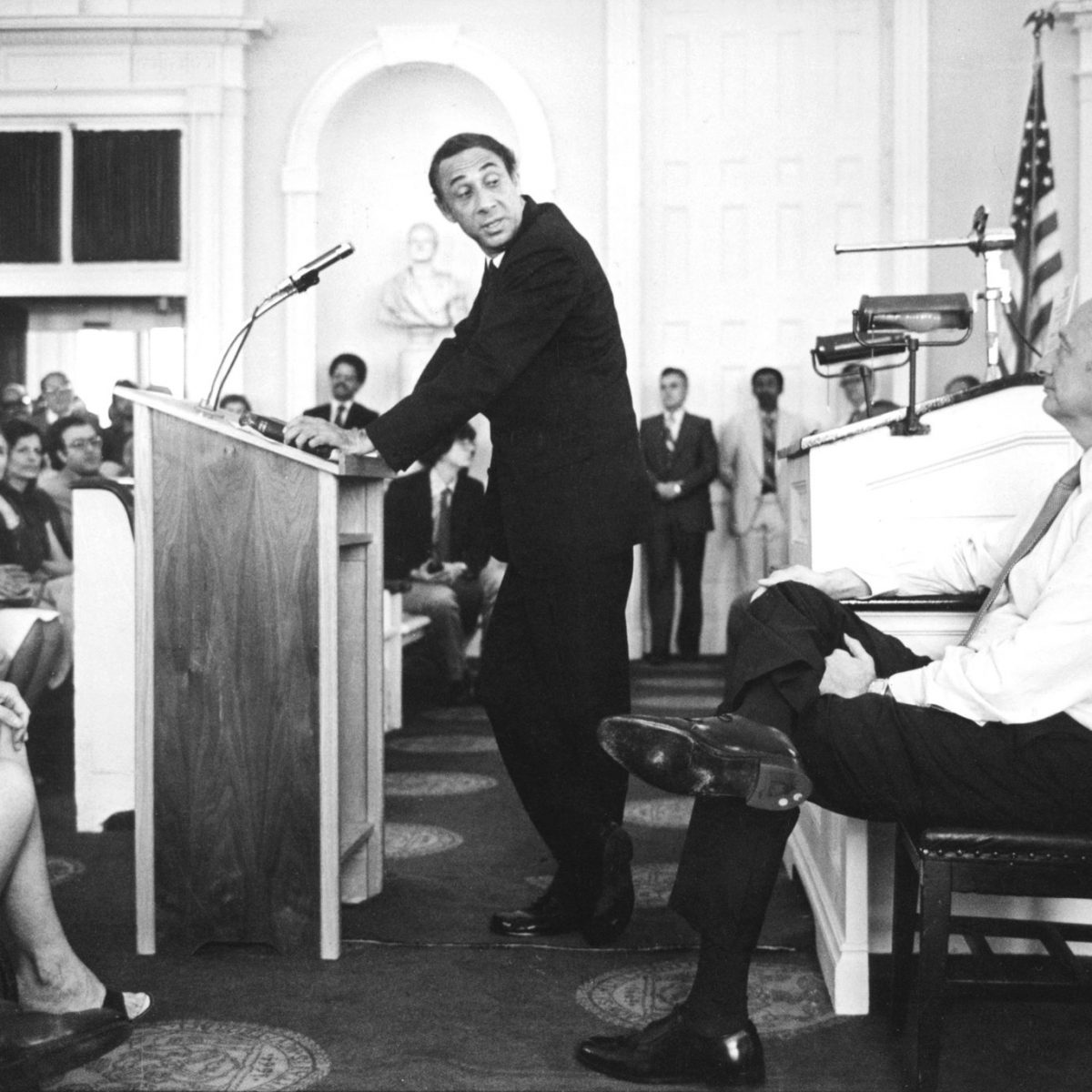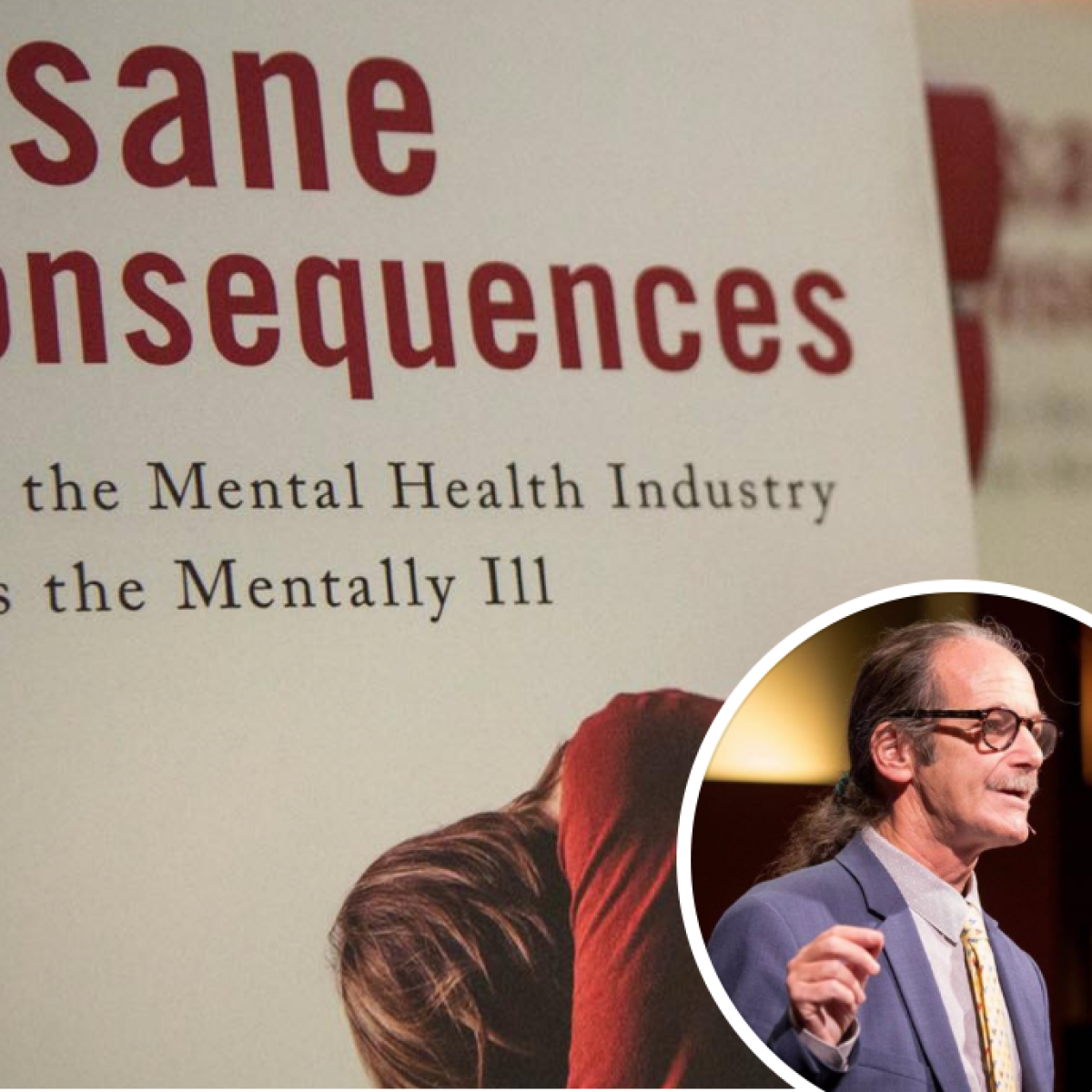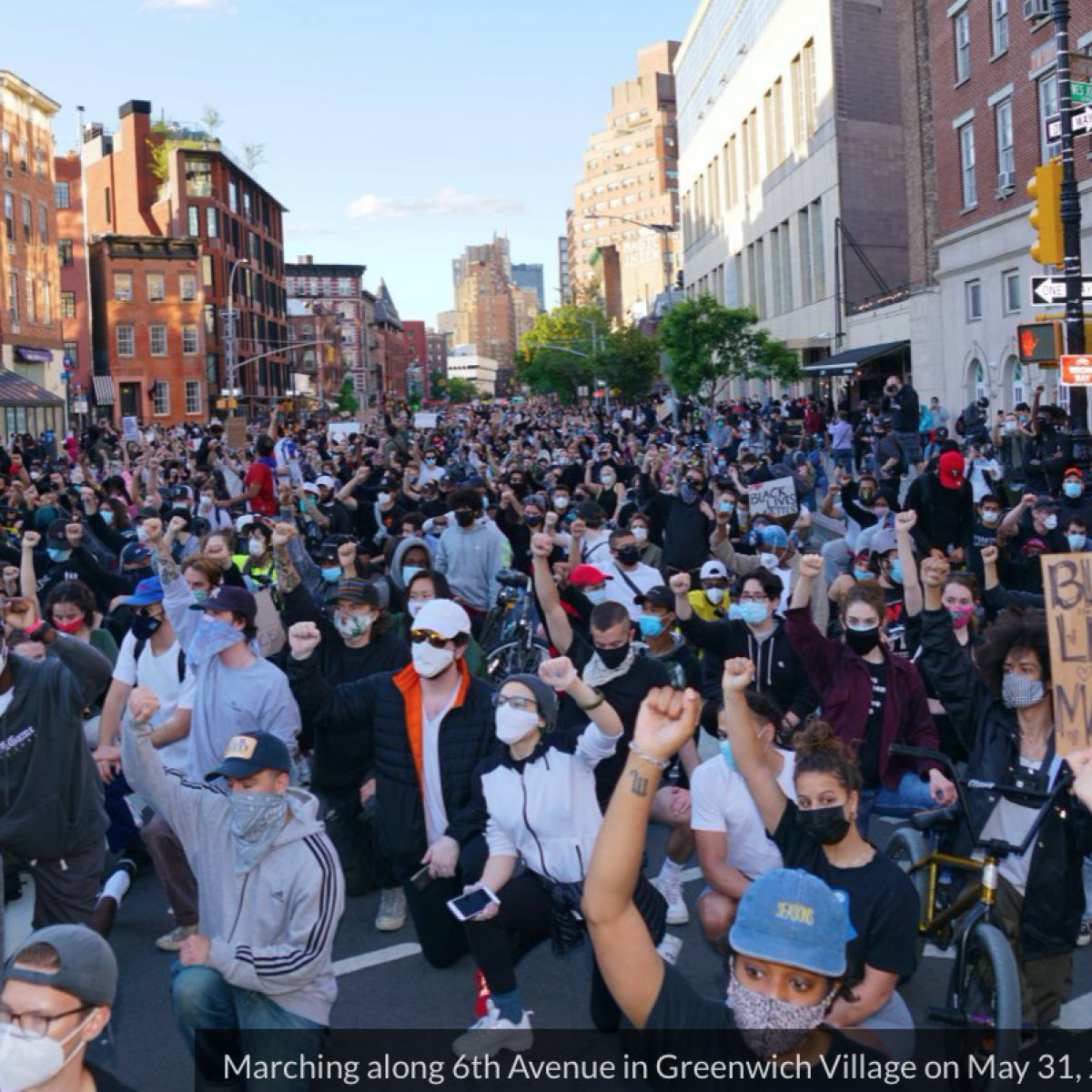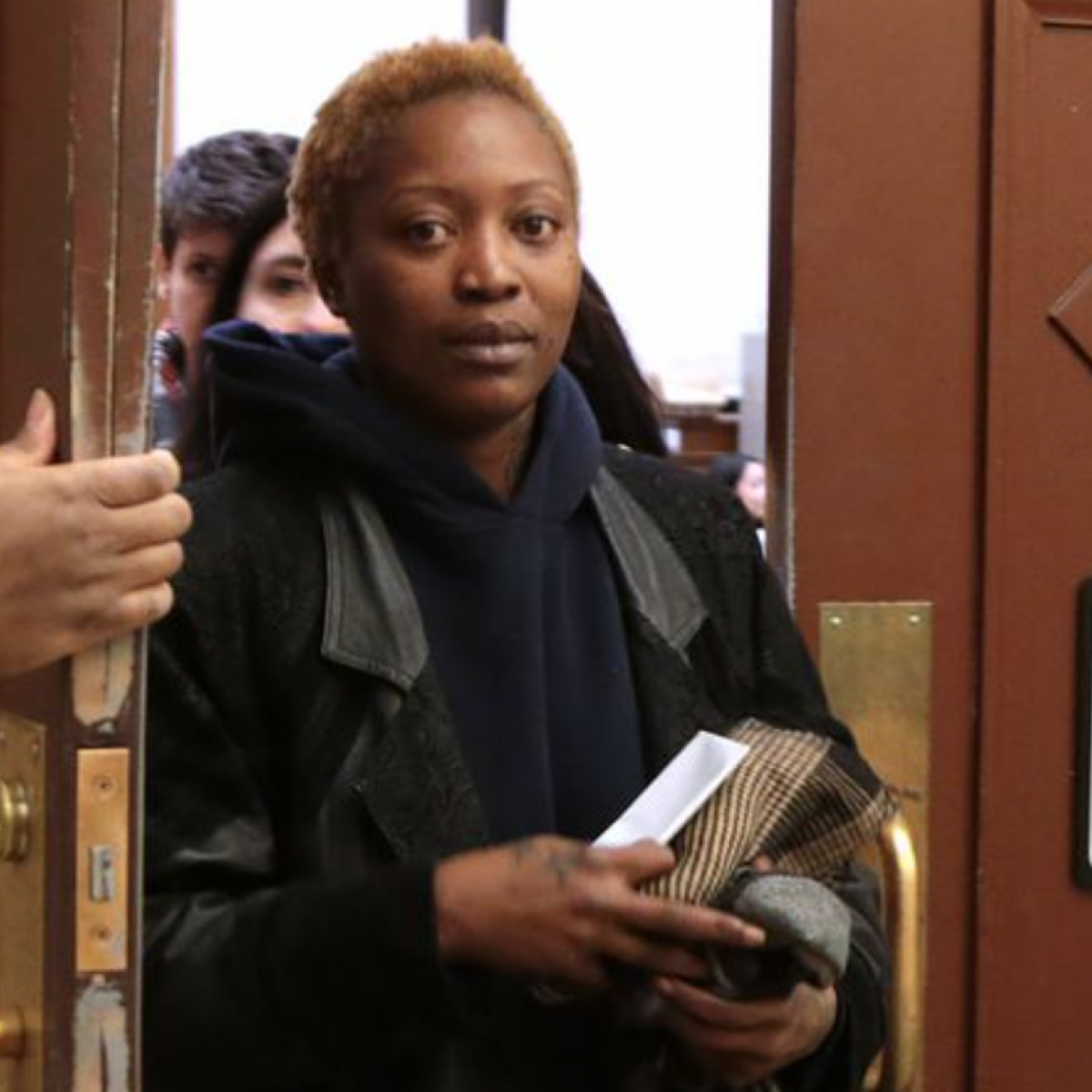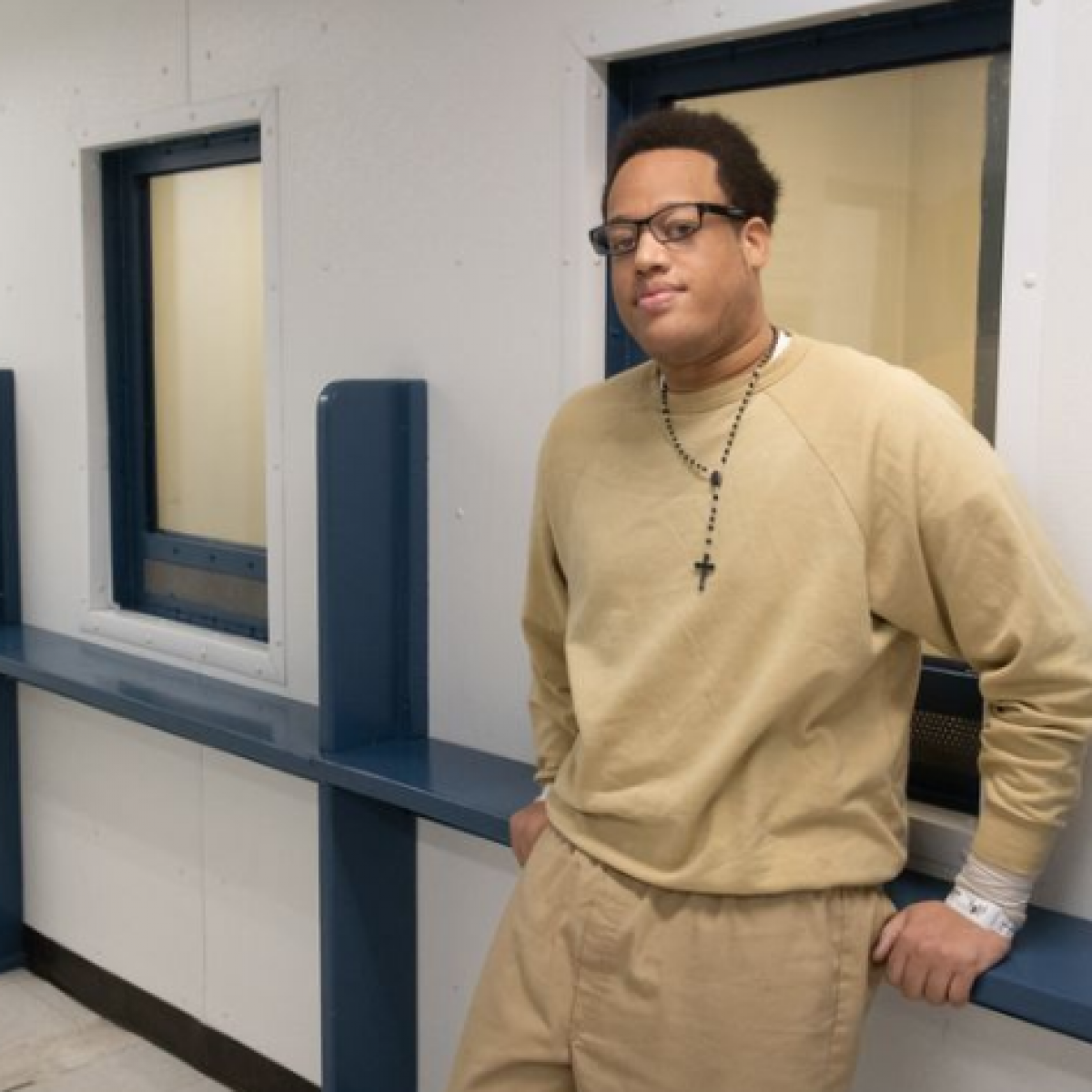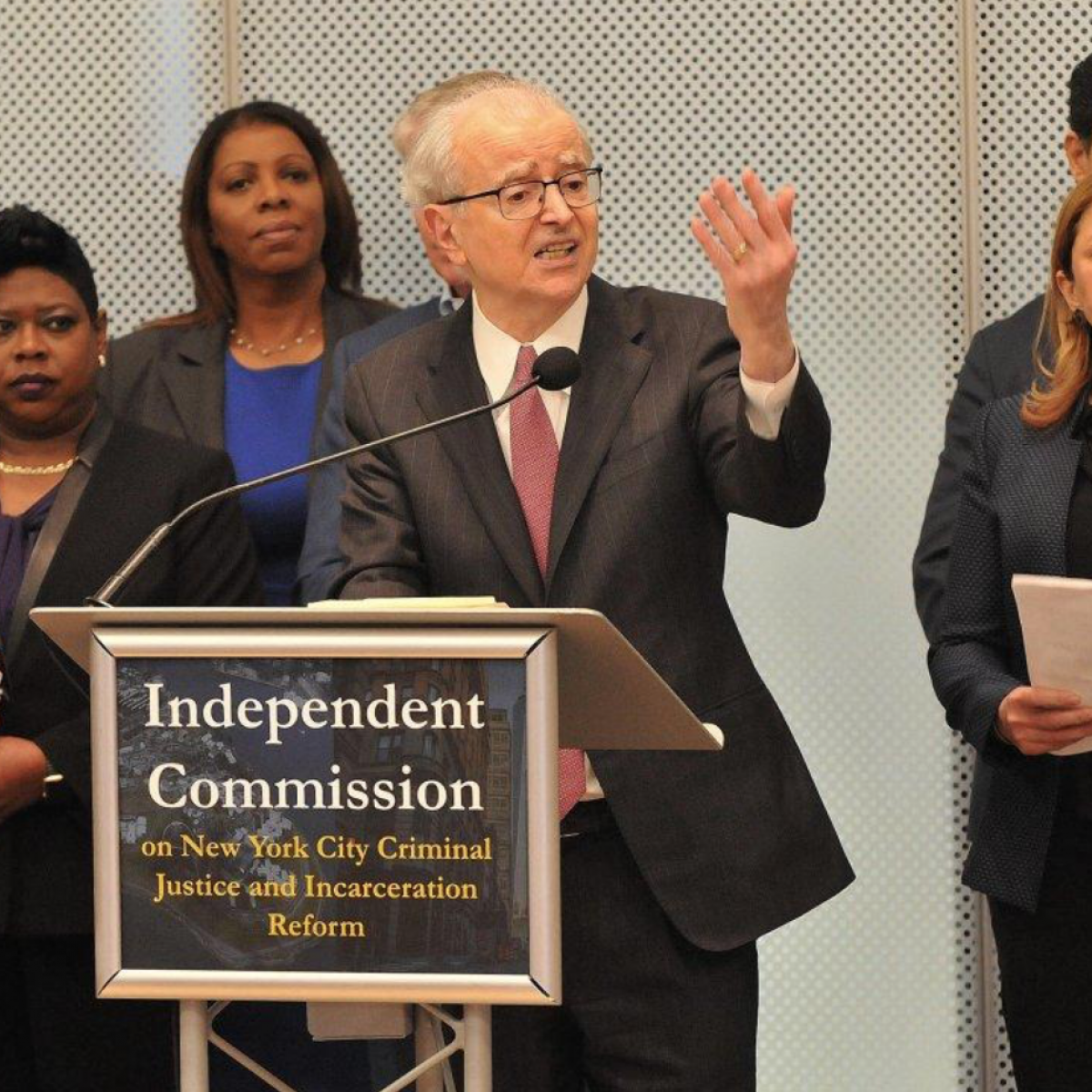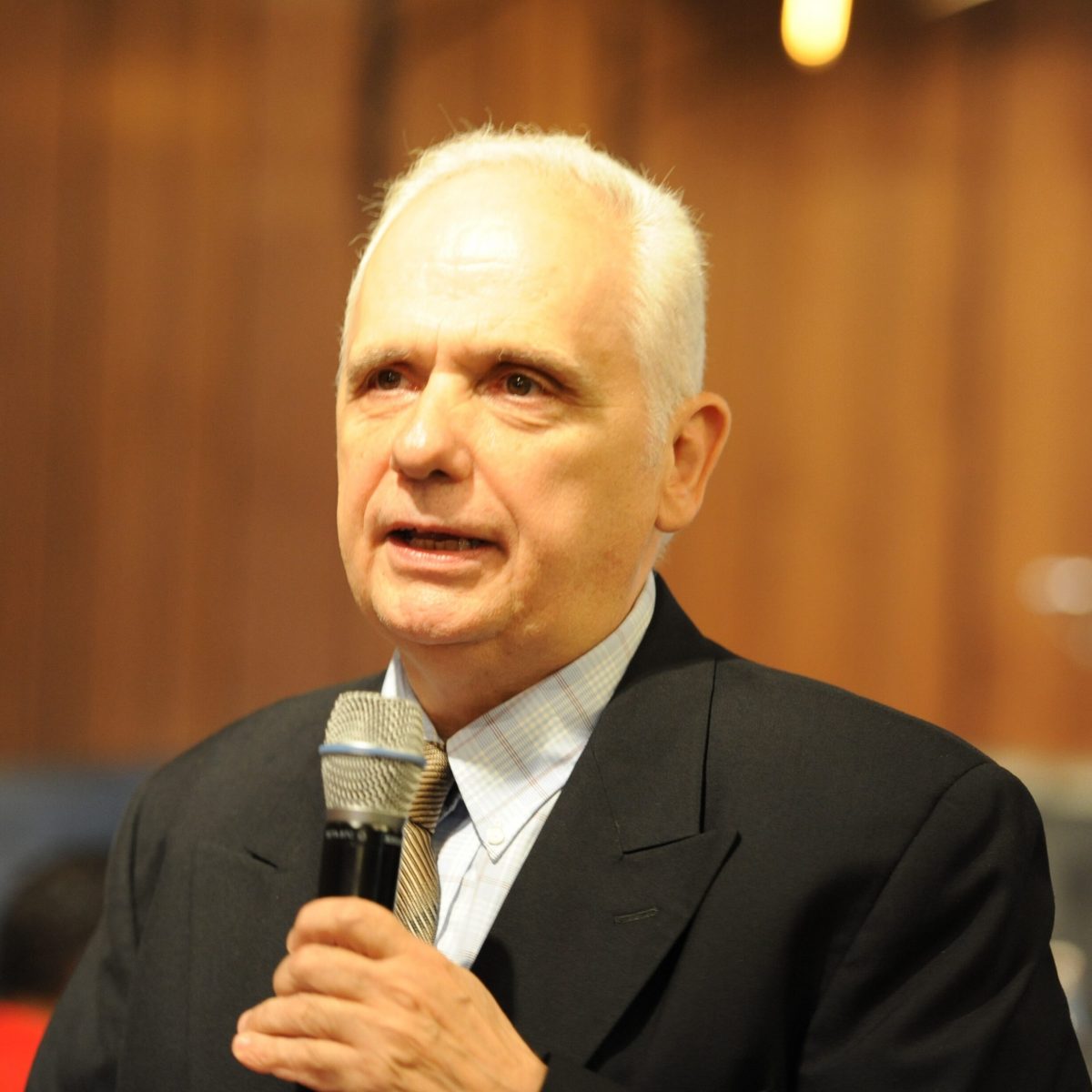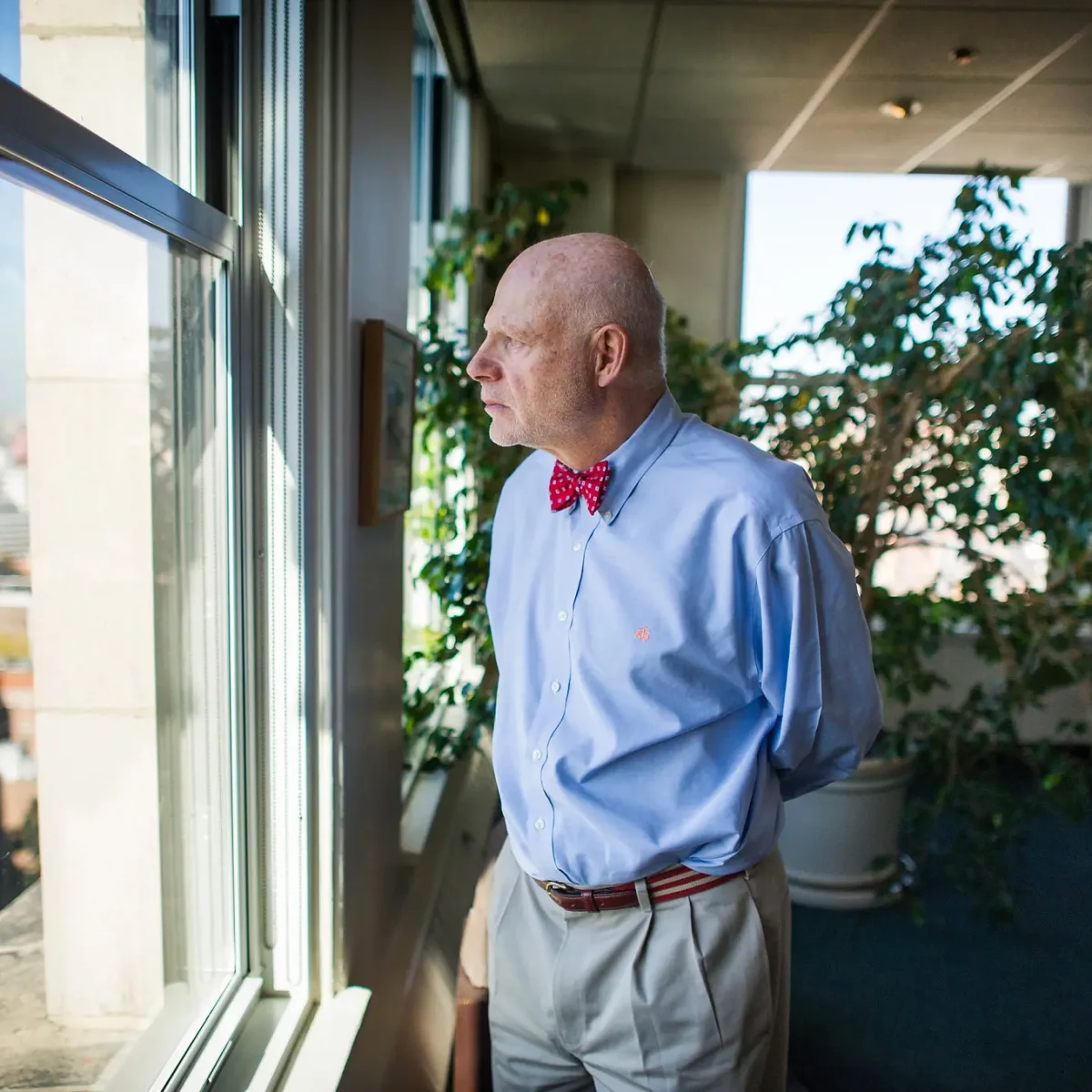It’s that time of the year, when governors grant clemency petitions as a gesture of goodwill and compassion. Traditionally, a prisoner’s sentence is commuted when the prisoner has “earned” the right to early release through good work, improvement or treatment, and right thinking. In short, clemency is granted to those who have been “redeemed.”
Explaining why former Gov. Cuomo granted only 41 clemency applications during his decade in office, Rich Azzopardi, Cuomo’s spokesman, recently said: “Just not enough extraordinary applications, people with compelling stories of a redemption to tell.” While many disagree with Azzopardi, in the case of Reggie Randolph, notions of redemption should not apply.
Randolph is currently serving two to four years in prison, after already having spent nearly 900 brutal days at Rikers for stealing NyQuil from two Duane Reades in New York City. According to his Legal Aid Society attorney, Jeffrey Berman, Reginald was regularly beaten by a stepfather, exposed to drug use in the home as a child, and began taking cocaine, LSD and PCP as a teen. After leaving school following eighth grade, he was diagnosed with schizoaffective disorder, a serious mental illness that manifests in “a combination of schizophrenia symptoms, like hallucinations or delusions, and mood disorder symptoms, such as depression or mania.” Homeless for some 20 years following the death of his mother, Randolph is now blind in one eye, close to losing sight in the other due to cataract and glaucoma and suffers with COPD, polysubstance use disorder and diabetes, among other health issues.
How exactly does Randolph “redeem” himself from schizoaffective disorder or a co-occurring substance use disorder? For that matter, how does anyone redeem themselves from serious childhood abuse, a lifetime of poverty and untreated health problems, and 20 years of homelessness?
Now 58, Randolph has already spent 41 years behind bars either awaiting trial or as punishment for some 50 misdemeanor and four felony convictions, not including the NyQuil charges. According to his attorney, these crimes, like stealing NyQuil, were all related to substance use disorders, mental illness or poverty.
Yet when given the discretion along with the mandate to “do justice,” attorneys in Manhattan DA Cy Vance’s office “upcharged” Randolph with two felony counts of third-degree burglary for taking the NyQuil, in part because of a pending no-trespass order against Randolph for shoplifting. Incoming Manhattan DA Alvin Bragg has pledged not to “upcharge” shoplifting allegations like these to felonies.
What Randolph needed then and still needs, is treatment and a supportive place to live. Incarcerating him for additional months or years will neither help him nor make the public safer. Forty-one years of incarceration have already proven that fact, beyond a reasonable doubt. Also without doubt, should Randolph stay in prison, taxpayers will spend (and waste) a lot of money and Randolph will get more ill and go completely blind, unless he dies first.
Gov. Hochul must commute Reginald Randolph’s sentence — not because it’s Christmas or even because it is the compassionate thing to do. She should commute his sentence and release him from prison because the status quo benefits no one. The current fix is a proven failure.
There’s another compelling reason to act now. For the first time in his life, Randolph has a bed waiting for him in a supportive transitional housing facility, named, aptly enough, “The Redemption Center.” In another first, he has been approved by the New York City Human Resources Administration for long-term mental health supportive housing operated by the state Office of Mental Health.
The bigger question for Hochul is not whether she should commute Reginald’s sentence, it’s what to do about the next Reggie Randolph, and the one after that.
Transformative legislation now pending, called the Treatment Not Jail Act, sponsored by state Sen. Jessica Ramos and Assemblywoman Phara Souffrant Forrest, would make it easier for people like Randolph to get treatment the first time they end up in court, not the 50th. Even for people like Randolph, who tried but ultimately did not stay in court treatment programs when finally offered, the bill provides some critical changes to the current system that could have helped him stay in treatment and will surely prevent thousands of others from suffering the same fate.
But treatment is not enough. When asked about remaining in society and treatment, Reggie recently said, “I’ll be able to do that cause I won’t have too much poverty to deal with…My attorney has me connected with The Redemption Center. I have living quarters there…I’ve never had that stability in my life. And I would appreciate the opportunity to be able to have that.”
The Manhattan district attorney now agrees that Randolph’s sentence should be commuted. Gov. Hochul should sign Randolph’s clemency request, then allocate the $500 million advocates are requesting for mental health and housing services, and support passage of the Treatment Not Jail Act.
Roberts is executive director of the Greenburger Center for Justice.





